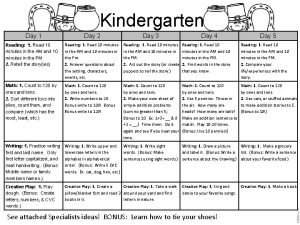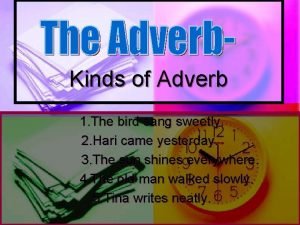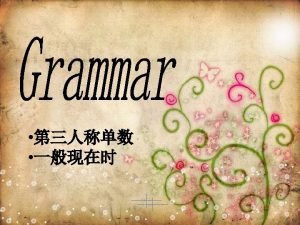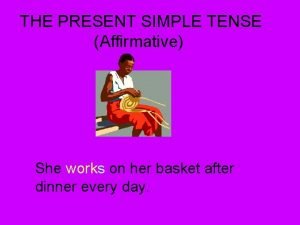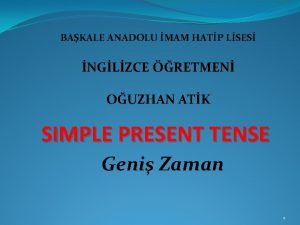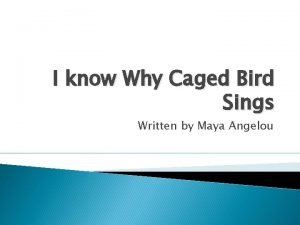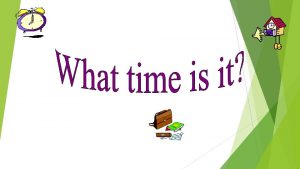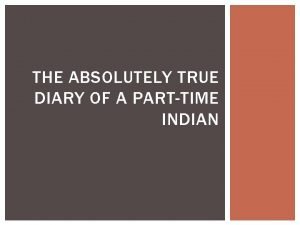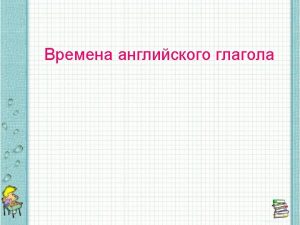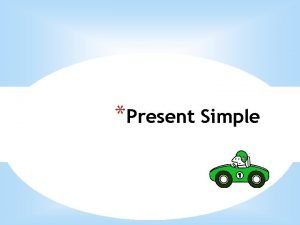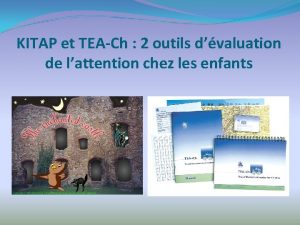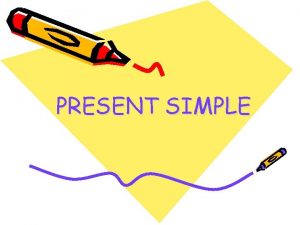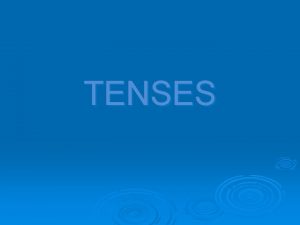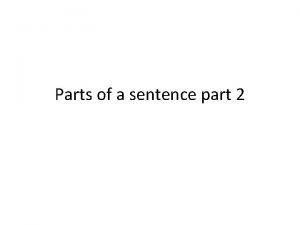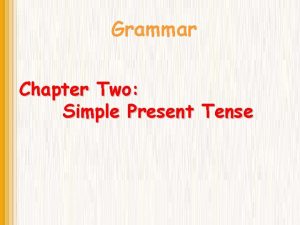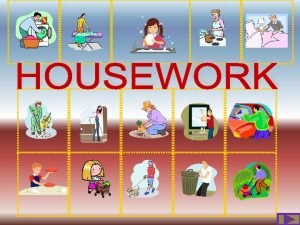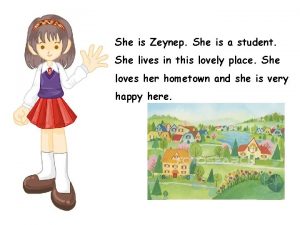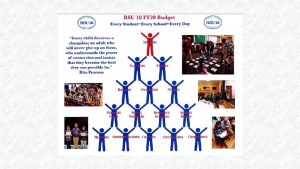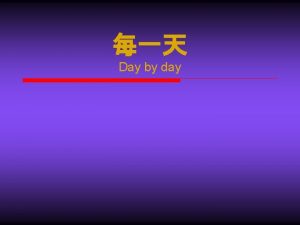1S s z She sings every day stopstops






![1、大多数动词在词尾加“S” 在清辅音后发音为[s] 在浊辅音及元音后发音为 [z] She sings every day. 如: ①stop-stops [s] make-makes [s] ②read-reads 1、大多数动词在词尾加“S” 在清辅音后发音为[s] 在浊辅音及元音后发音为 [z] She sings every day. 如: ①stop-stops [s] make-makes [s] ②read-reads](https://slidetodoc.com/presentation_image_h/2407563c9b8112d97bb645dc7bb82734/image-7.jpg)

![3、以“s, x, ch, sh”结尾的, 在词尾加“es”,发音为[iz] 如: She sometimes watches teach-teaches TV at home. watch-watches 3、以“s, x, ch, sh”结尾的, 在词尾加“es”,发音为[iz] 如: She sometimes watches teach-teaches TV at home. watch-watches](https://slidetodoc.com/presentation_image_h/2407563c9b8112d97bb645dc7bb82734/image-9.jpg)
![4、以“o”结尾的动词,加 “es”,读[z] 如: go-goes [z] do-does [z] He goes to school in the morning. 4、以“o”结尾的动词,加 “es”,读[z] 如: go-goes [z] do-does [z] He goes to school in the morning.](https://slidetodoc.com/presentation_image_h/2407563c9b8112d97bb645dc7bb82734/image-10.jpg)

























- Slides: 35






![1大多数动词在词尾加S 在清辅音后发音为s 在浊辅音及元音后发音为 z She sings every day 如 ①stopstops s makemakes s ②readreads 1、大多数动词在词尾加“S” 在清辅音后发音为[s] 在浊辅音及元音后发音为 [z] She sings every day. 如: ①stop-stops [s] make-makes [s] ②read-reads](https://slidetodoc.com/presentation_image_h/2407563c9b8112d97bb645dc7bb82734/image-7.jpg)
1、大多数动词在词尾加“S” 在清辅音后发音为[s] 在浊辅音及元音后发音为 [z] She sings every day. 如: ①stop-stops [s] make-makes [s] ②read-reads [z] He listens to music every day.

• 2、以辅音字母加“y”结尾 的,要先将“y”变为“i”, 然后再加“es” 如: fly-flies carry-carries study-studies worry-worries The baby cries loudly.
![3以s x ch sh结尾的 在词尾加es发音为iz 如 She sometimes watches teachteaches TV at home watchwatches 3、以“s, x, ch, sh”结尾的, 在词尾加“es”,发音为[iz] 如: She sometimes watches teach-teaches TV at home. watch-watches](https://slidetodoc.com/presentation_image_h/2407563c9b8112d97bb645dc7bb82734/image-9.jpg)
3、以“s, x, ch, sh”结尾的, 在词尾加“es”,发音为[iz] 如: She sometimes watches teach-teaches TV at home. watch-watches wash-washes She washes her face every day.
![4以o结尾的动词加 es读z 如 gogoes z dodoes z He goes to school in the morning 4、以“o”结尾的动词,加 “es”,读[z] 如: go-goes [z] do-does [z] He goes to school in the morning.](https://slidetodoc.com/presentation_image_h/2407563c9b8112d97bb645dc7bb82734/image-10.jpg)
4、以“o”结尾的动词,加 “es”,读[z] 如: go-goes [z] do-does [z] He goes to school in the morning.

Practice ! Are you ready?

写出下列动词的第三人称单数形式: sit-- guess-- die-- go-sits guesses dies goes rush-- reach-- touch-- brush- rushes reaches touches brushes fly-- copy-- say-- run-- flies copies says runs do-- fix-- live-- cry- does fixes lives cries enjoy-- have-- wish-- play- enjoys has wishes plays tie-- teach-- buy-- study-- ties teaches buys studies drink-- lie-- stay-- make-- drinks lies stays makes look-- carry-- come-- watch-- looks carries comes watches plant-- fly -- plants flies

P 29 课本练习A try watch do fix play fly like study work -s -es y变i, 再加es likes watches tries plays does flies works fixes studies


什么是一般现在时? She brushes her teeth in the morning. He listens to music every day.



2. 实义动词的一般现在时 1(第一, 二人称单数), (各人称复数)+动词原形 (I / you)(we / you / they) +do I brush my teeth in the morning. You sleep every day. We/You /They cook together.

2. 第三人称单数+动词第三 人称单数 (he / she / it) + does He She It s … drink some water.

Let’s talk about your school day: get 起床up have 吃早饭breakfast I They We go to school 上学 have a break and talk to friends 休息并和同学谈话 have a chemistry lesson 上化学课 have 吃午饭lunch go home 回家 do my homework 写作业 go to bed 上床睡觉 at X o’clock

Let’s talk about Tom’s school day: gets up have has breakfast The He Tom boy goes to school have has a break and talks to friends have has a chemistry lesson have has lunch goes home does his homework goes to bed at x o’clock

一般现在时的用法有哪些? 一、表示经常性或习惯性的动作。如:I get up at six every day. 我每天六点起床。 常与表示频率的时间状语连用: every day/week/morning/year…, on Mondays, once a week, always, usually, often, sometimes, seldom…

It is often windy in spring Lingling always helps people. He goes to school late sometimes.

课本 29页 B Example: at the moment every day yesterday 1. tomorrow next month usually 2. seldom now in 1999 3. very often last Friday just now 4. already next week always 5. never last year up to now 6. the other day sometimes soon 7. since 2001 every year in a year





将下列句子改成否定句,一般疑问句并回答: 1. I speak English. I don’t speak English. Do you speak English? Yes, I do/ No , I don’t. 2. 2. They go swimming on Sundays. They don’t go swimming on Sundays. Do they go swimming on Sundays? Yes , they do. / No , they don’t. 3. He gets up very early. He doesn’t get up very early. Does he get up very early? Yes, he does. / No, he doesn’t.

2. 行为动词的变化。 特殊疑问句:特殊疑问词+do/does+主语+动词原形 例: --My father goes to work by bike. --How does your father go to work? 1. I like taking photos in the park. (对划线部分提问) Where do I like taking photos? 2. John comes from Canada. (对划线部分提问) Where does John come from?

对下列句子画线部分提问: 1. I get up at six o’clock. When do you get up? 2. They usually go to the park on Sunday. What do they usually do on Sunday? 3. The elephants like eating fruits. What do the elephants like eating? 4. He sends two emails every week. How many emails does he send every week? 5. 5. I often make travel plans on the Internet. What do you often do on the Internet? 6. 6. He has lunch at school. 7. Where does he have lunch?

课本 29页 C Example: A new football season (kick) kicks off every fall. 1. On Mondays he (go) to the gym. goes 2. You never (arrive) on time. arrive 3. I seldom (go) to the zoo. go drinks 4. Francis sometimes (drink) coffee. does 5. Jack seldom (do) his homework. don`t often sing 6. They (not/often/sing) songs. doesn`t play 7. Lydia (not/play) tennis everyday. 8. I (not/usually/watch) TV in the mornings. don`t usually watch 9. they (spend)their holidays in Canada every Do spend year? 10. he always (wear) a hat? Does wear

Grammar(一般现在时) 改错(划出错误的地方,将正确的写在横线上) 1. Is your brother speak English? Does _________ 2. Does he likes going fishing? like _________ 3. He likes play games after class. playing _________ 4. Mr. Wu teachs us English. teaches _________ 5. She don’t do her homework on Sundays. doesn’t _________

Grammar(一般现在时) 用括号内�� 的适当形式填空。 has 1. He often ____(have) dinner at home. are 2. Daniel and Tommy _______(be) in Class One. don’t watch 3. We _____(not watch) TV on Monday. doesn’t go 4. Nick ____(not go) to the zoo on Sunday. Do like 5. ______ they ____(like) the World Cup? do do 6. What _______they often _______(do) on Saturdays? Do read 7. _______ your parents _______(read) newspapers every day? teaches 8. The girl _______(teach) us English on Sundays. take 9. She and I ____(take) a walk together every evening. is 10. There ____(be) some water in the bottle.

Grammar(一般现在时) likes 11. Mike _______(like) cooking. have 12. They _______(have) the same hobby. looks 13. My aunt _______(look) after her baby carefully. do 14. You always _______(do) your homework well. am 15. I _______(be) ill. I’m staying in bed. goes 16. She _______(go) to school from Monday to Friday. does 17. Liu Tao _______(do) not like PE. watches 18. The child often _______(watch) TV in the evening. have 19. Su Hai and Su Yang _______(have) eight lessons this term. is 20. -What day _______(be) it today? - It’s Saturday
 Day 1 day 2 day 3 day 4
Day 1 day 2 day 3 day 4 Every child every day
Every child every day Sweetly adverb
Sweetly adverb She sings in this school
She sings in this school Beautiful 副詞
Beautiful 副詞 Example of literal language
Example of literal language She works every day
She works every day Day 1 day 2 day 817
Day 1 day 2 day 817 Every rotarian every year
Every rotarian every year Every nation and every country has its
Every nation and every country has its Every nation and every country
Every nation and every country Mission of microsoft
Mission of microsoft Every picture has a story and every story has a moment
Every picture has a story and every story has a moment Every knee shall bow every tongue confess
Every knee shall bow every tongue confess Nglzce sunumlar
Nglzce sunumlar Theme of the poem i know why the caged bird sings
Theme of the poem i know why the caged bird sings Safty sings
Safty sings The cuckoo sings very sweetly
The cuckoo sings very sweetly Tick tock tick tock merrily sings the clock
Tick tock tick tock merrily sings the clock Who sings riptide
Who sings riptide The cuckoo sings very sweetly
The cuckoo sings very sweetly Oh i'm running to your arms
Oh i'm running to your arms And save my soul my savior god to thee
And save my soul my savior god to thee Rowdy sings the blues
Rowdy sings the blues Who sings heart and soul
Who sings heart and soul Great teachers eat apples
Great teachers eat apples Tritone west side story
Tritone west side story Present simple tense usually
Present simple tense usually Three pigs entered a race around a track
Three pigs entered a race around a track Present simple every day
Present simple every day Tea-ch subtests
Tea-ch subtests Always every day
Always every day Somebody cleans the room every day
Somebody cleans the room every day I study english everyday simple present tense
I study english everyday simple present tense Sally (run, runs) to the park every day.
Sally (run, runs) to the park every day. Simple present tense
Simple present tense
